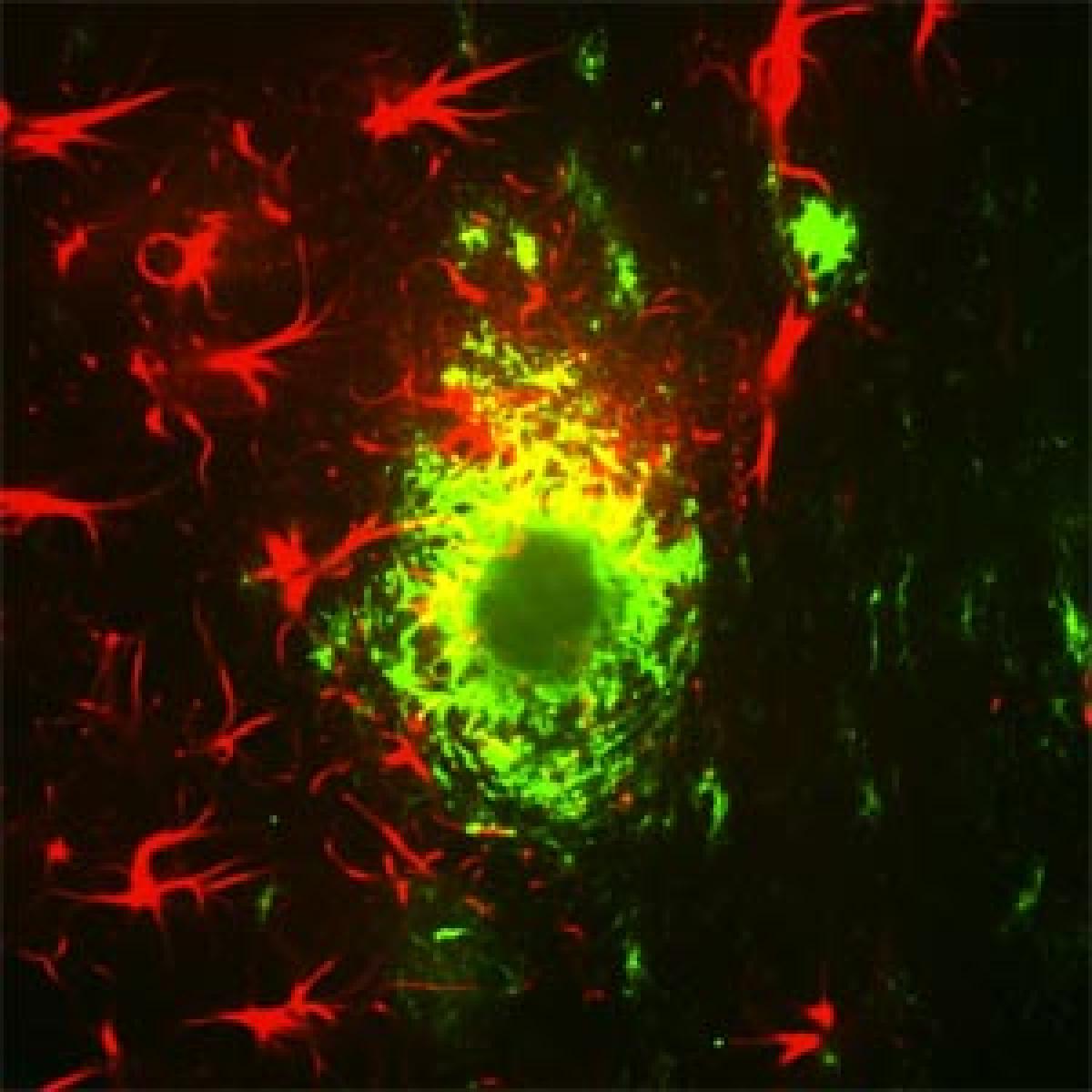Six new proteins discovered to fight Alzheimer's, cancer

A team of scientists has discovered six new proteins that may help reveal secrets of how humans age potentially unlocking new insights into diabetes, Alzheimer\'s disease, cancer and other ageing-related problems.
A team of scientists has discovered six new proteins that may help reveal secrets of how humans age potentially unlocking new insights into diabetes, Alzheimer's disease, cancer and other ageing-related problems. The researchers found that these tiny proteins are produced naturally in the energy-generating mitochondria the powerhouse in human cells and play key roles in metabolism and cell survival.
"The findings are an important advance that will be ripe for rapid translation into drug development for diseases of ageing," said lead researcher Pinchas Cohen from University of Southern California in the US. The amount of each protein decreases with age, leading to onset of diseases linked to older age.
To learn further, the team used computer analysis and uncovered the genes for six new proteins which were dubbed small humanin-like peptides (SHIP). "The newly recognised SHLP family expands the understanding of the mitochondria as an intracellular signalling organelle that communicates with the rest of the body to regulate metabolism and cell fate," Cohen explained.
After identifying the six new proteins and successfully developing antibodies to test for several of them, the researchers examined both mouse tissues and human cells to determine their abundance in different organs as well as their functions.
The proteins were distributed quite differently among organs, suggesting that the proteins have varying functions based on where they are in the body. The results revealed that these tiny proteins plays several big roles in our bodies' cells, from decreasing the amount of damaging free radicals and controlling the rate at which cells die to boosting metabolism and helping tissues throughout the body respond better to insulin.









